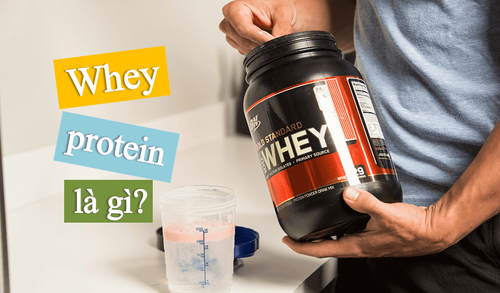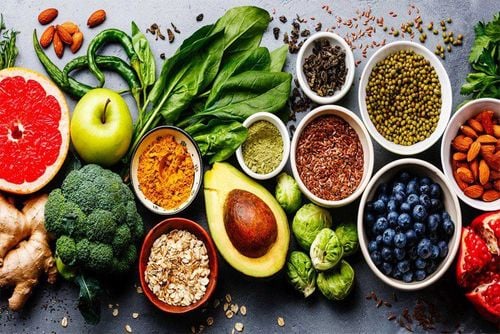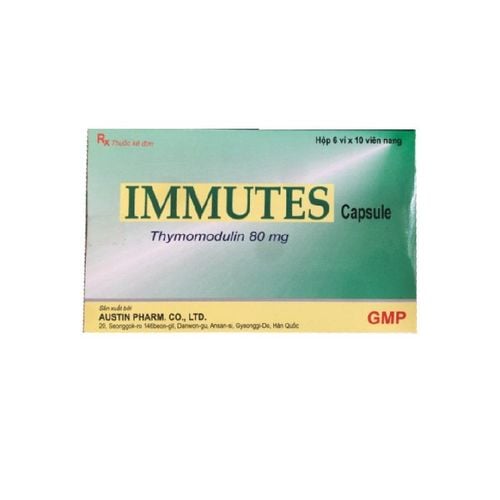This is an automatically translated article.
Peanuts, also known as peanuts, are classified as beans along with foods such as chickpeas, soybeans and lentils. The peanut plant is native to South America in Brazil or Peru. Peanuts are known as a source of protein, fat, and many other nutrients for the body and help reduce the risk of heart-related diseases.
1. Health Benefits of Peanuts
Many people think that peanuts do not have high nutritional value like nuts such as almonds, walnuts or cashews. However, peanuts have many of the same health benefits as other expensive nuts and use peanuts as a nutritious food.
1. Heart Health Much attention has been paid to walnuts and almonds as heart-healthy foods, due to their high unsaturated fat content. But studies show that peanuts are as good for heart health as expensive nuts.
Peanuts help prevent heart disease by lowering cholesterol levels. They can also prevent the formation of small blood clots and reduce your risk of having a heart attack or stroke.
1.2. Reducing the risk of diabetes What are the benefits of eating peanuts? Peanuts belong to the group of foods with a low glycemic index, which means that eating peanuts will not cause a sudden spike in your blood sugar. Studies have shown that eating peanuts can reduce the risk of type 2 diabetes in women.
1.3. Peanuts help reduce inflammation Peanuts, a rich source of fiber, help reduce inflammation throughout the body as well as support your digestive system.
1.4. Cancer prevention Research has proven that for older people, eating peanut butter can help reduce the risk of developing a certain type of stomach cancer - noncardiac adenocarcinoma.
1.5. Prevent gallstones Using peanuts at 28.35 grams per week will reduce the risk of developing gallstones by 25%.
1.6. Prevent and prevent depression The nutritional composition of peanuts includes the amino acid tryptophan, which plays an important role in the production of serotonin, a compound that is beneficial for the brain and helps improve mood as well as reduce depression. cold .
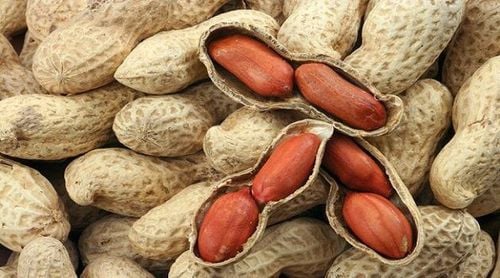
Ăn lạc tốt không là thắc mắc của một số người bệnh
1.7. Vitamin B3 and niacin found in peanuts provide many health benefits including improving brain function as well as promoting memory performance.
1.8. Reducing cholesterol in the body Peanuts contain nutrients that help reduce and control cholesterol levels in the body. Moreover, it also has the effect of cutting bad cholesterol and increasing good cholesterol, bringing health benefits to the body.
1.9. Helps fight dementia in the elderly The source of niacin found in peanuts has been shown to reduce the risk of Alzheimer's disease by 70%.
1.10. Reducing the risk of birth defects for the fetus Folic acid contained in peanuts helps pregnant women to be provided with about 400 micrograms per day, thereby increasing the effectiveness to reduce the risk of having a baby with a neural tube defect by up to 70%. .
2. Nutritional value of peanuts
Eat peanuts well? Peanuts or peanuts are rich in protein, fat and fiber. Most of the fat in peanuts is good fat. These types of fats actually help lower your cholesterol levels.
Peanuts are also an excellent source of: Magnesium, Folate, Vitamin E, Copper, Arginine. A 1/4 cup serving of raw peanuts contains:
Calories: 207 Protein: 9 grams Fat: 18 grams Carbohydrates: 6 grams Protein: 9 grams Fiber: 3 grams Sugar: 1 gram
3. Some notes when using peanuts
Although peanuts belong to the group of healthy foods, not everyone can enjoy them. Peanut allergy is the most common known food allergy in the United States, causing the majority of food allergy deaths.
Mild peanut allergy shows symptoms such as itchy rash, nausea or swelling of the face. However, a severe peanut allergy can cause a life-threatening reaction called anaphylaxis. Symptoms of anaphylaxis include difficulty breathing, change in alertness, nausea, vomiting, seizures, chest tightness, swelling where the tongue, face, or lips are, extreme drowsiness and feeling dizzy. You need to talk to your doctor if you experience any discomfort while eating peanuts.
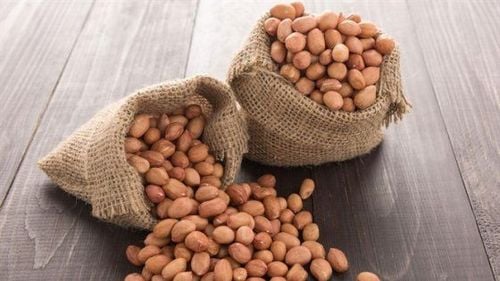
Người dùng không nên ăn lạc nhiều quá mức bình thông thường
4. How to use peanuts
How to eat peanuts? Peanuts or peanuts can be eaten raw, blanched, roasted, boiled, fried, powdered or made as peanut butter. Adding more peanuts to your diet is easy to do, whether with peanuts or peanut butter. Here are some ways to use peanuts in a variety of dishes:
Bake peanuts into cookies or pies. Make peanut butter and banana bread. Add peanut butter to the hummus. Coat peanuts on yogurt. Toss peanuts in a salad. Add peanuts to your stir-fry or noodle dish. Mix the peanuts into a small mixture. Dip spring rolls in Thai peanut sauce. Here are the benefits of eating peanuts a lot. You can combine peanuts with other foods to make the meal more diverse and ensure enough nutrients for family members.
Please dial HOTLINE for more information or register for an appointment HERE. Download MyVinmec app to make appointments faster and to manage your bookings easily.





